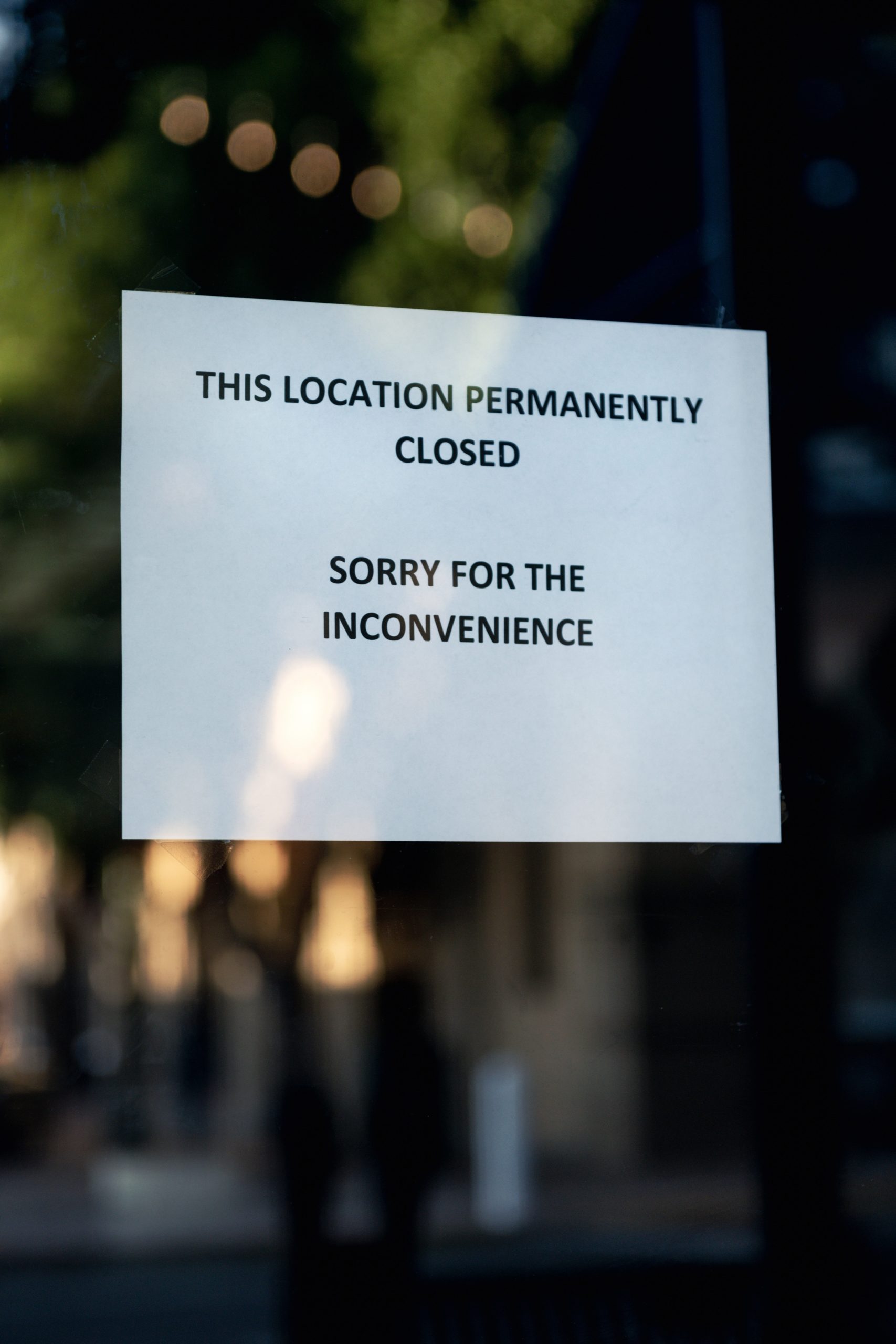Posts tagged Joint Employer
Economic Costs of the PRO Act: Update
March 8, 2023 // The PRO Act would reclassify independent contractors, broaden the joint employer standard, repeal right-to-work laws, and eliminate employers’ ability to replace striking workers. While the intent of the bill is to increase worker protections, many of the provisions ignore stated worker preferences and have the potential to harm the labor market through increased costs that small businesses, franchisees, and entrepreneurs likely cannot afford. This paper estimates that the bill could increase employment costs by anywhere from $18–$61 billion and put up to $2.3 trillion of gross domestic product at risk
Labor board decision could force Google to negotiate with YouTube contractors
March 7, 2023 // Alphabet has been labeled a joint employer, which may have some big ramifications for workers if they decide to unionize. For its part, Alphabet intends to appeal the NLRB’s decision. “We simply don’t control these workers’ employment terms or working conditions,” spokesperson Courtenay Mencini told Bloomberg. In addition to the union drive and fight to get Alphabet recognized as a joint employer, the contractors went on strike in February to protest return to office orders — the first strike at the company, according to the AWU. The dates for the union election haven’t been publicly announced yet.
Exclusive: YouTube contractors to strike over forced return to office
February 6, 2023 // Cognizant says that the workers' contracts have always stated that the jobs were in-office jobs and that it communicated to workers since Dec. 2021 that it would provide 90 days notice when employees were expected back in the office. "Cognizant respects the right of our associates to disagree with our policies, and to protest them lawfully," the company said in a statement to Axios. "However, it is disappointing that some of our associates have chosen to strike over a return to office policy that has been communicated to them repeatedly since December 2021."

NLRB puts union bull’s-eye on the franchise industry
January 2, 2023 // The National Labor Relations Board has proposed a dramatic overhaul of the franchise business model by reclassifying workers at restaurant or hotel chains as employees of the parent company, a move that would make it easier to unionize across the entire brand. Opponents warn that the change will devastate an industry employing 8.2 million people and contributing roughly 7% to the nation’s overall economic output. “This is going to hurt a lot of people, from someone coming out of the corporate environment looking to be an independent business owner to someone looking to start their career with an entry-level job to consumers who will have to pay $15 for a hamburger,” said Frank Caperino, who teaches franchise management at San Diego State University and owns multiple franchises.

I4AW submits regulatory comments; shows support for worker freedom and flexibility
December 13, 2022 // The Department of Labor (DOL) and the National Labor Relations Board (NLRB) are doubling down on overreaching tactics that could have job-killing consequences for independent workers and franchise businesses.
Biden’s Labor Department moves to raise taxes on the American workforce
November 1, 2022 // The Labor Department’s proposed rule would force Americans who don’t want a boss to have a boss. Under current law, independent contractors perform a task or execute a project and present the result to an individual or business for payment. Unlike traditional employees, independent contractors have the freedom to set their own schedules, determine their workload, and can put food on the table without needing a boss. Labor’s new proposed rule would force independent contractors to reclassify as W-2 employees if the worker is “economically dependent” on the entity that is paying him or her.

A fearful October for entrepreneurs
October 29, 2022 // The National Labor Relations Board (NLRB) is coming after the almost 800,000 franchise owners who employ 8.5 million people. The board’s proposed “Joint Employer” rule, would have catastrophic effects on the franchise industry and restrict the opportunities of small business owners who are franchisees. The NLRB rule would force franchisors — distant corporate headquarters — to come between franchisees and their employees. It would do so by making both the headquarters and the small business employers of workers at the franchisees’ store. Franchisors would become jointly liable for employment issues involving workers or contractors who are employed or “directly controlled” (as the current standard notes) by a small business.

NLRB’S RADICAL JOINT EMPLOYER STANDARD WILL DESTROY SMALL BUSINESS AND THE AMERICAN DREAM
October 11, 2022 // The NLRB is pursuing a new joint employer rulemaking that has the potential to destroy small businesses, the American Dream, and the economy. Under this expanded standard, nearly every contractual relationship between businesses will trigger joint employer status, making businesses responsible and liable for the employment practices of their franchisees, suppliers, vendors, contractors, and subcontractors. Under this new rule, businesses will be forced to protect themselves against significantly more liability and obligations under the law. The franchise business model, for example, would be gutted, as the larger franchisor will move to end or limit their support to franchisees or exert increased authority over them, essentially turning those small business owners into employees. The new standard would also force larger companies to subsume local small businesses rather than work with individually owned enterprises, stifling entrepreneurship, business innovation, and flexibility. The expanded standard even hampers businesses’ efforts to encourage “corporate responsibility” among their business partners to the detriment of workers, consumers, and their communities.
What expanding the “joint employer” rule will mean for unions
September 8, 2022 // That’s changing now that Democrats are in the White House, and Democratic appointees control the Labor Department and National Labor Relations Board. For instance, the NLRB has just proposed a new labor-friendly rule on “joint-employer” status intended to reverse a Trump-era rule that was more friendly to employers. The NLRB’s new proposed joint-employer rule will make it easier for employees who work for a contractor, staffing or temp agency, or franchise, to drag the big companies higher up the employment chain into labor disputes.
